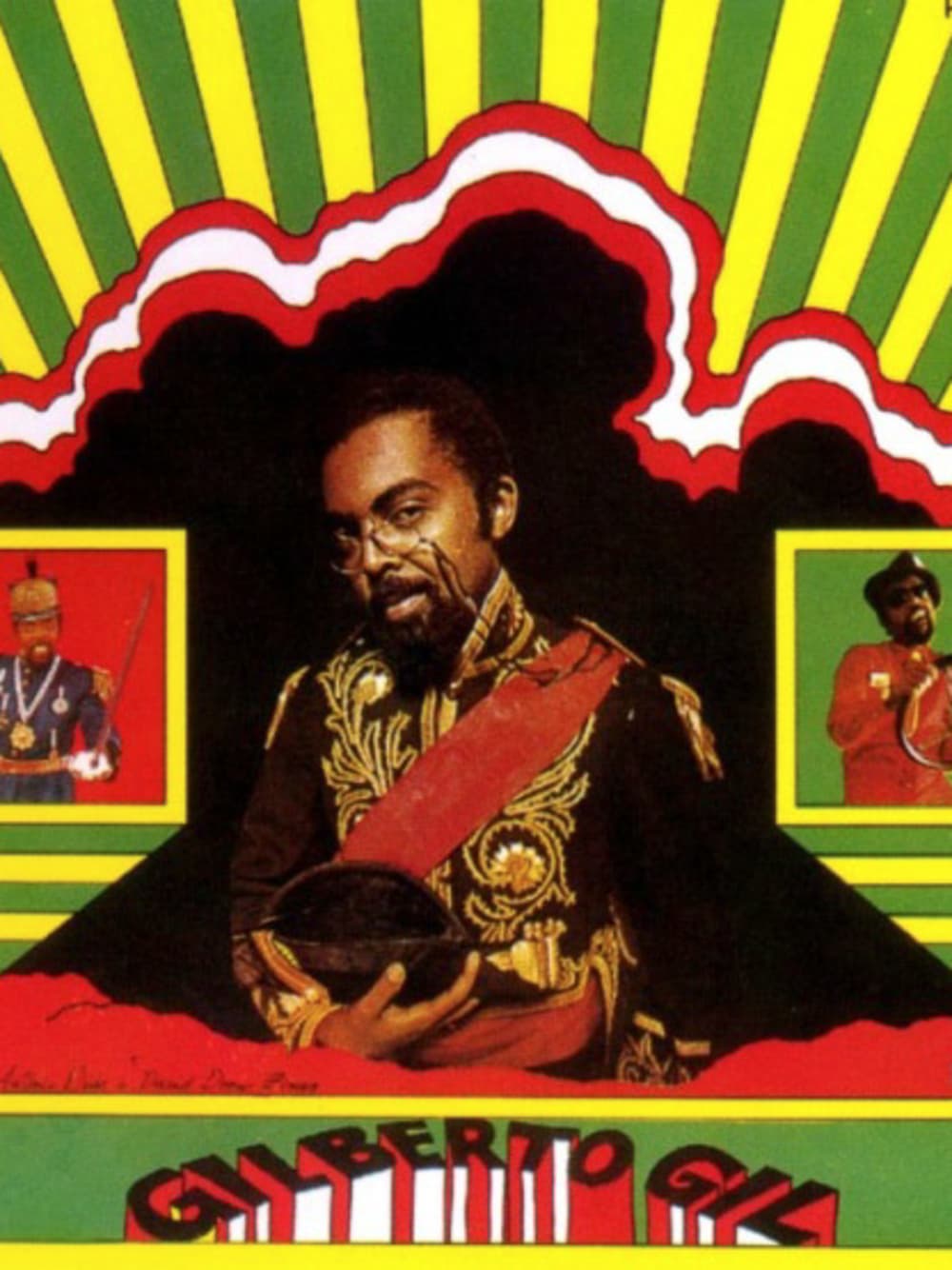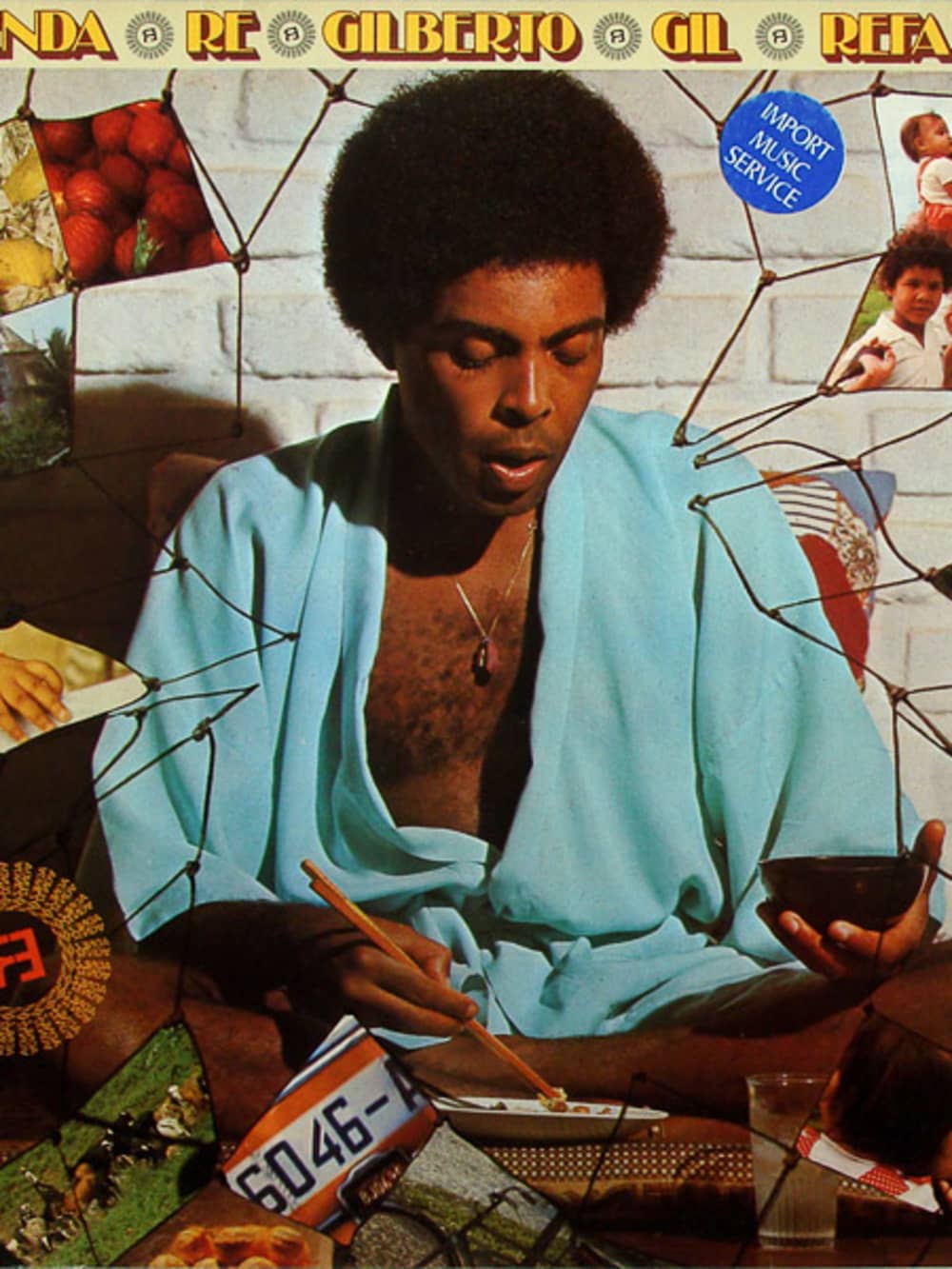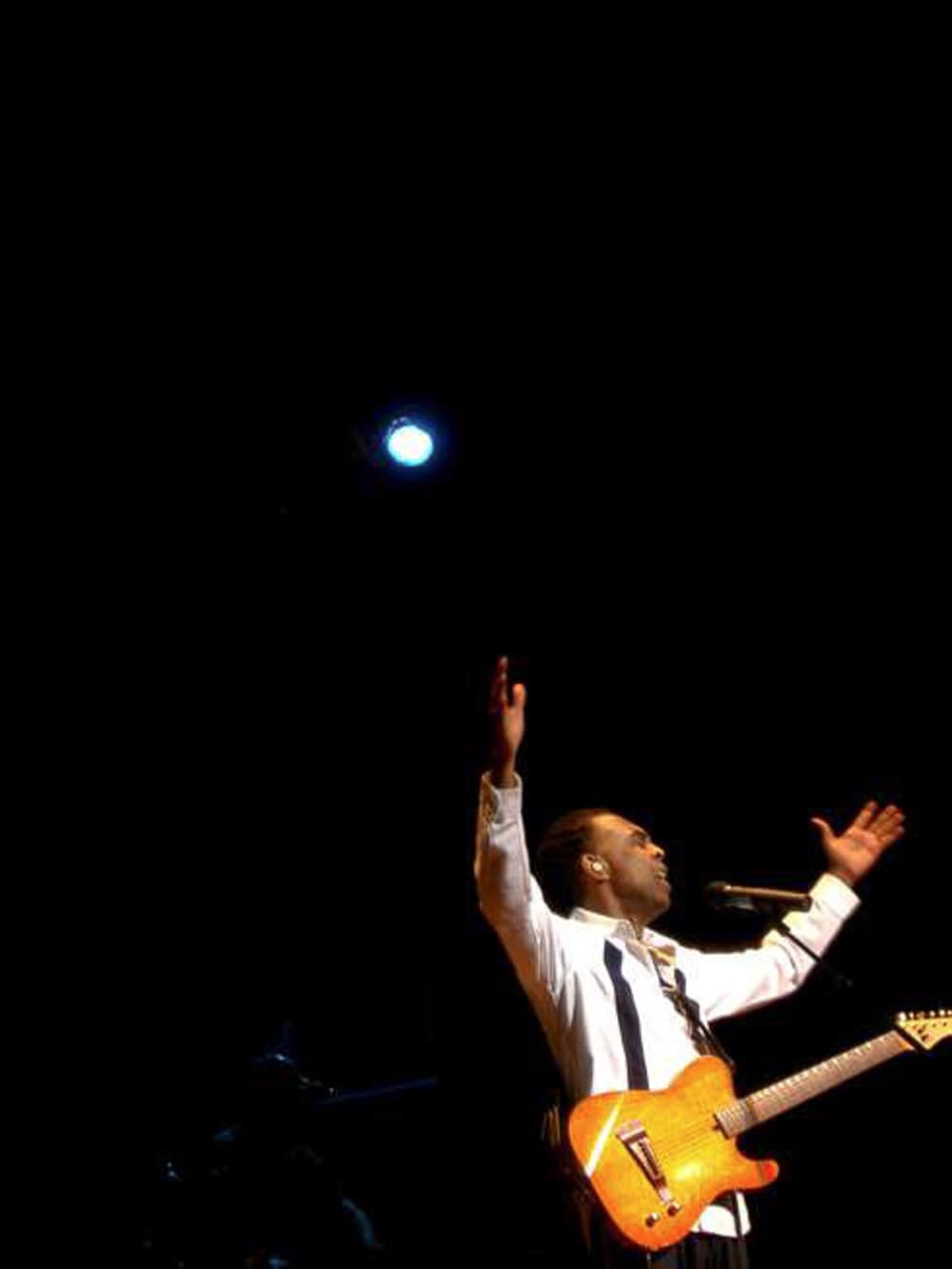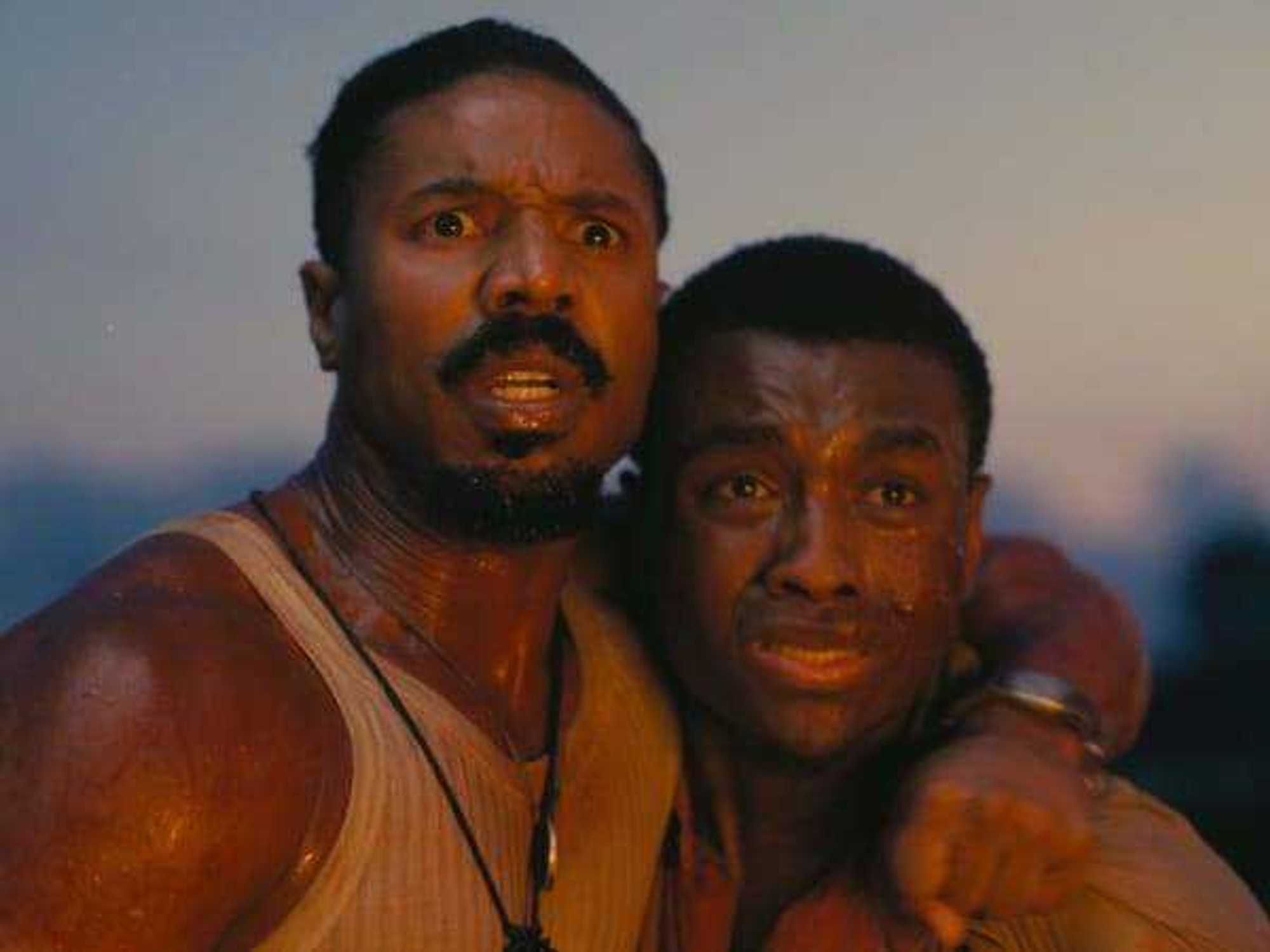Brazil's beat hits Bayou City
O Ministro da Cultura: Gilberto Gil comes to Houston
 Gilberto Gil's 1968 album cover
Gilberto Gil's 1968 album cover Gilberto Gil in concert
Gilberto Gil in concert "Refazenda" by Gilberto Gil
"Refazenda" by Gilberto Gil Gilberto Gil
Gilberto Gil
Bourgeois bossano vista and aesthetic revolutionary, business school grad and leftist agitator, composer of commercial jingles and black power anthems, political prisoner and Minister of Culture — Gilberto Gil's 50-year career has embraced all of these contradictions and more. Best known to American audiences for his role in sparking Brazil's Tropicália movement in the late 60s, the 67-year-old Gil's career has encompassed dozens of other stylistic modes.
All of those will be on display tonight at Jones Hall.
Tropicália
Gil's story begins in São Paulo, 1965. He was just out of college, selling bananas, writing jingles for TV commercials, and beginning his pop music career in earnest. As Gilberto's career went from banana truck to bandstand, he encountered his college friend Caetano Veloso. Soon, Caetano and Gil began recording together and incubating the ideas that would hatch into Tropicália. Together, they discovered rock music from abroad and its Brazilian interpreters, the Jovem Guarda.
Around this time, Gil became entranced by "Sgt. Pepper's Lonely Hearts Club Band." The Beatles shared Gil's fascination with the avant-garde and his ear for a well-crafted song. Their marching band iconography would become his own, as would their extra-melodic adornments — brass bands, tape noise, backmasking, and fuzz guitars. Fusing bossa nova with garage rock and arranging the result through the psychedelic lens of "Sgt. Pepper," Gilberto gave Tropicália its formal characteristics.
The 1968 album "Tropicália ou Panis et Circensis" was the movement's grand statement. Along with the contributions of Caetano, Rogério Duprat, Tom Ze, Gal Costa, and Os Mutantes, the album became an aesthetic bulwark and a launching pad for their own various solo efforts. It was the "Enter the 36 Chambers" of 1968 Brazil, with Gil playing the RZA.
Released the same year, "Gilberto Gil" (1968) was Gil's first great album. A further elaboration of his Magical Mystery epiphany, the album came studded with off-kilter pop masterpieces like "Coragem pra suportar," a chugging but wispy psych nugget, the jaunty "Domingou," and the magisterial "Domingo no parque," a pastoral pop masterpiece about a knife fight between a couple of guys named José and João.
Backed by Os Mutantes, Gilberto had never sounded as brilliant.
By the end of 1968, Tropicália was everywhere. On the radio and television. In the record stores and on the turntables of students and the intelligentsia. It began to look like a movement, and if there was anything that Brazil's military junta would not abide, it was a movement.
Exile and Return
Gil and Caetano were arrested by the Brazilian military in February 1969, and spent the next three months in jail without a charge or a court date.
During this time, Gil wrote the biggest hit of his career, "Aquele Abraço," a perversely acrid celebration of Rio de Janeiro, the city where he was kept prisoner. This nugget came buried in "Gilberto Gil" (1969), an album that pushed his ideas to their aesthetic extreme. It was an admixture of pop and dissonance, traditional song forms and futuristic imagery, politics and absurdity. It lacks the strident coherence of "Gilberto Gil" (1968), and is the stronger album for it.
After prison, came exile in London, where Gil was busy: connecting with the nascent prog rock scene, becoming friends with members of Pink Floyd, Traffic, and the Moody Blues. He took to the jazz scene and absorbed the reggae sounds that were infiltrating his Notting Hill neighborhood.
While in London, Gil recorded "Gilberto Gil" (1971), an album of songs in English. The influence of jazz and prog rock was readily apparent in the album's flowery restraint and goofy themes. Gil neatly jettisons his obsession with baroque psychedelia for complicated rhythms and virtuosic jamming that would characterize his later music.
Filhos de Gandhi: Black Power Gil
When Gil and Caetano returned in 1972, the Brazilian pop filament had changed dramatically. The new thing was the sound of "Black Rio," the funky fusion of American R&B and Brazilian music that had been the brainchild of Tim Maia and Jorge Ben.
GIl had long been a fan of Jorge Ben, in particular, and quickly took to this new music. In fact, it was Ben who had first awakened Gil's incipient sense of black power. His experiences with black music in London only intensified Gil's African identity. Before long, Jorge Ben and Bob Marley had replaced Lennon and McCartney in Gil's songbook.
Nowhere was this most obvious than on Gil's masterpiece "Refavela" (1977). Recorded after Gil returned from FESTAC, the landmark festival of African arts and culture that was held in Lagos, Nigeria, "Refavela" was Gil's funkiest outing yet. Gil's trip to Africa, his second ever, had introduced him to Fela Kuti and Afrobeat, a new influence that can be heard most clearly on the track "Ilê Ayê," which fuses Jorge Ben-style samba soul with the repetitive polyrhythms of Afrobeat. Elsewhere on the album, Gil comes to grips with his love for reggae ("No Norte da Saudade"), James Brown ("Baba Alapala"), and highlife ("Balafon").
"Refavela" concludes with the astounding "Patuscada de Gandhi," a tune that mimics the Bahaian Carnaval music known as "Axé." The song is about a black Bahaian Carnaval group known as the "Sons of Gandhi," whose implicit politics — nonviolence as a reaction against Brazil's proscriptive racial norms — struck an chord with Gil. Prior to"Refavela," fewer than 11 people marched with the Sons of Gandhi. After the album's release, that number had swelled to over 1,000.
It might have been Gil's first really effective political act. More were to come. Beginning in 1987, Gil spent two decades in politics, eventually becoming Brazil's Minister of Culture. He's left politics, for the time being, to return to his music, which Houstonians have the rare opportunity to experience firsthand.
Sample Gilberto Gil's Tropicália grooves:
Adobe Flash Required for flash player. "Aquele Abraço"
Adobe Flash Required for flash player. "Coragem pra Suportar"
Adobe Flash Required for flash player. "Patuscada De Gandhi"
